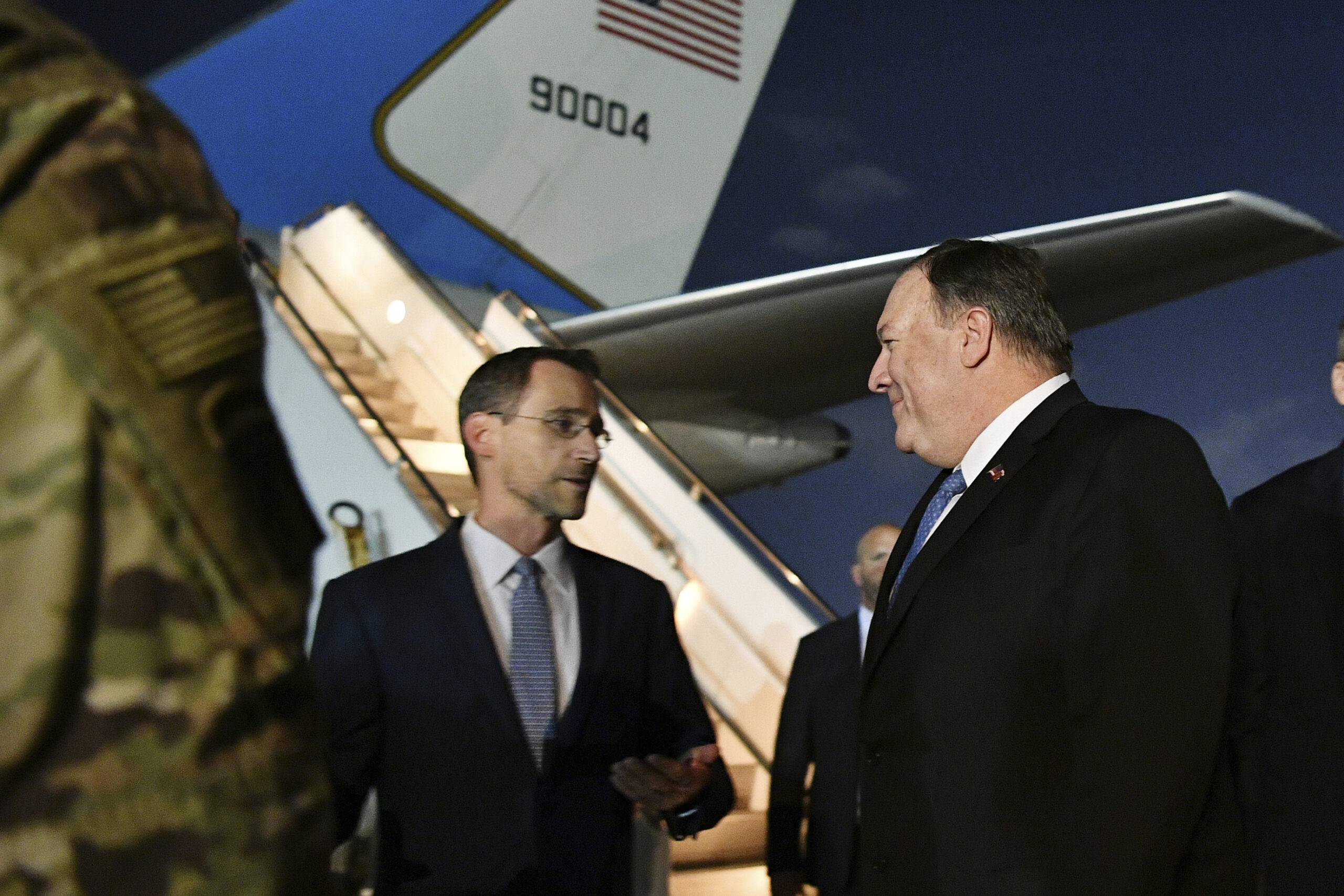Security
May 30, 2019
New Opportunities and High Stakes for Gulf-South Asia Relations
The strategic implications of interregional engagement between the Gulf and South Asia are becoming clearer and more pronounced.
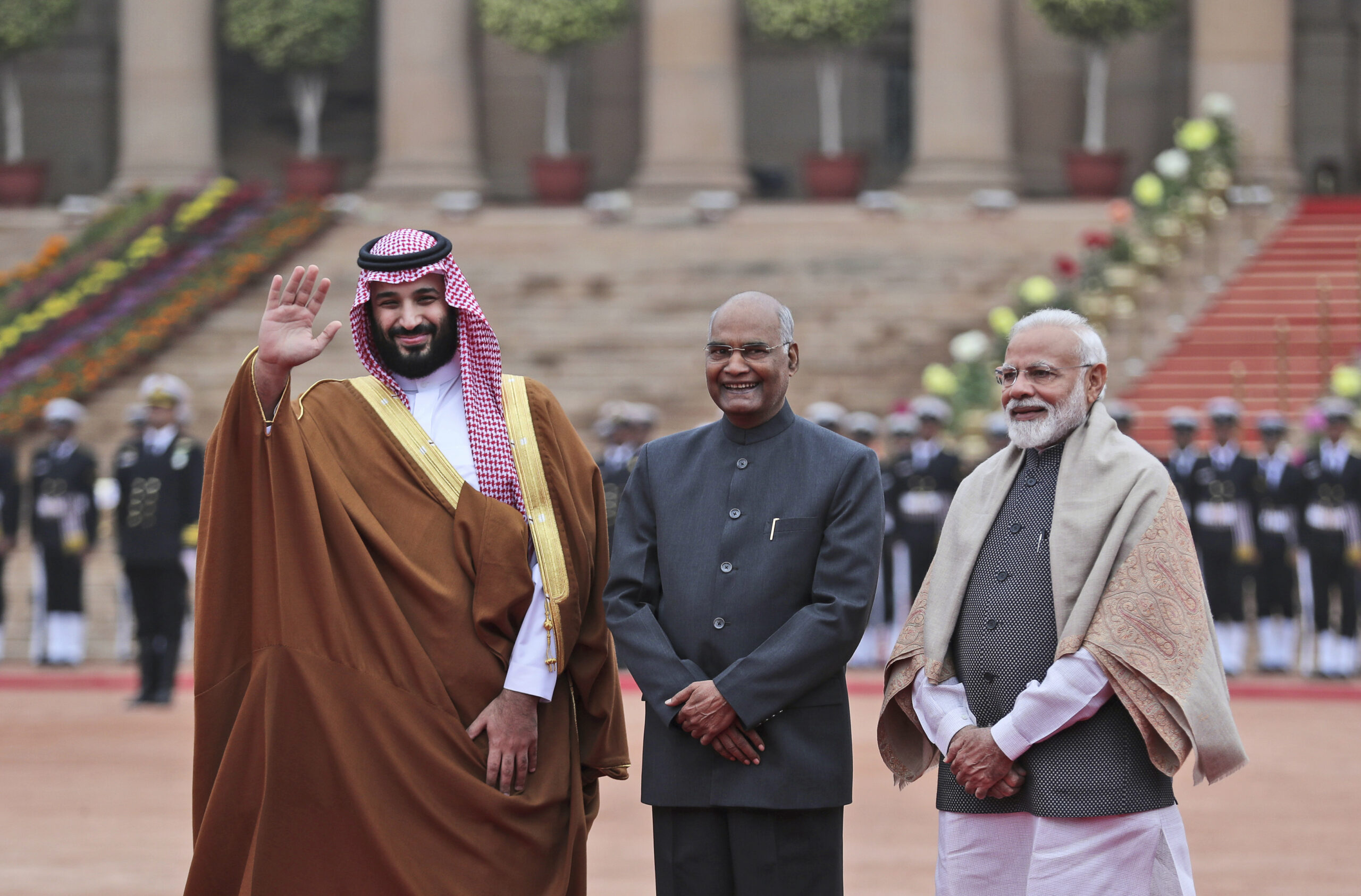
May 30, 2019
Emergency Weapons Sales Drag Gulf Arab Countries Deeper into U.S. Politics
Gulf countries are getting what they want from the White House, but ties with other parts of the U.S. establishment are fraying.
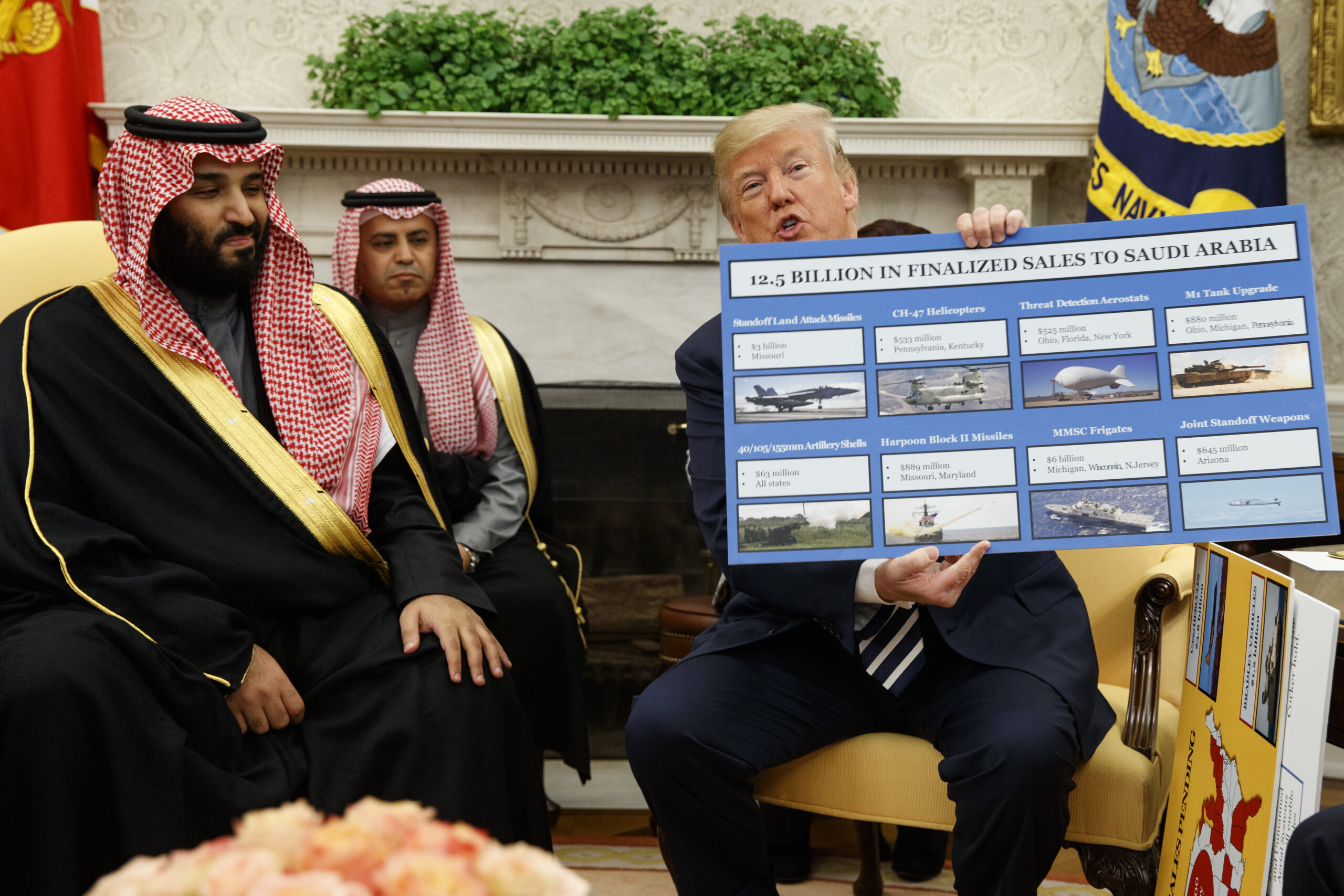
May 22, 2019
Dominance versus Disruption: Asymmetry in Gulf Security
This paper examines the defining characteristics of asymmetrical hostilities, in particular, the imbalance created when different security objectives – dominance or disruption – come into play.
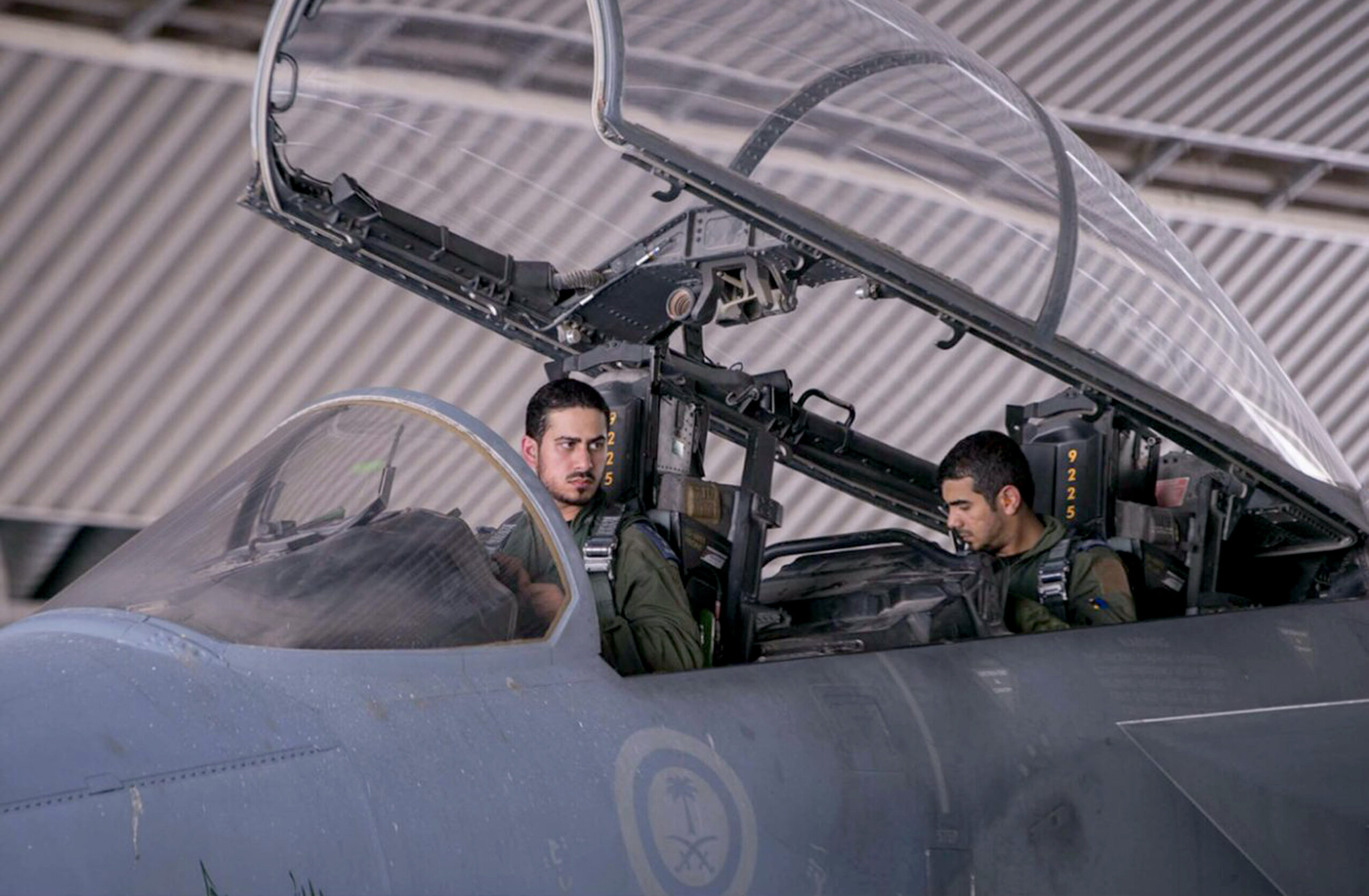
May 22, 2019
Hybrid Warfare Matures in the Gulf
The large wealth, small size, powerful rivalries, and apparent unwillingness to engage in full-scale war of the Gulf Arab states indicate that the future of conflict in the region will be hybrid.
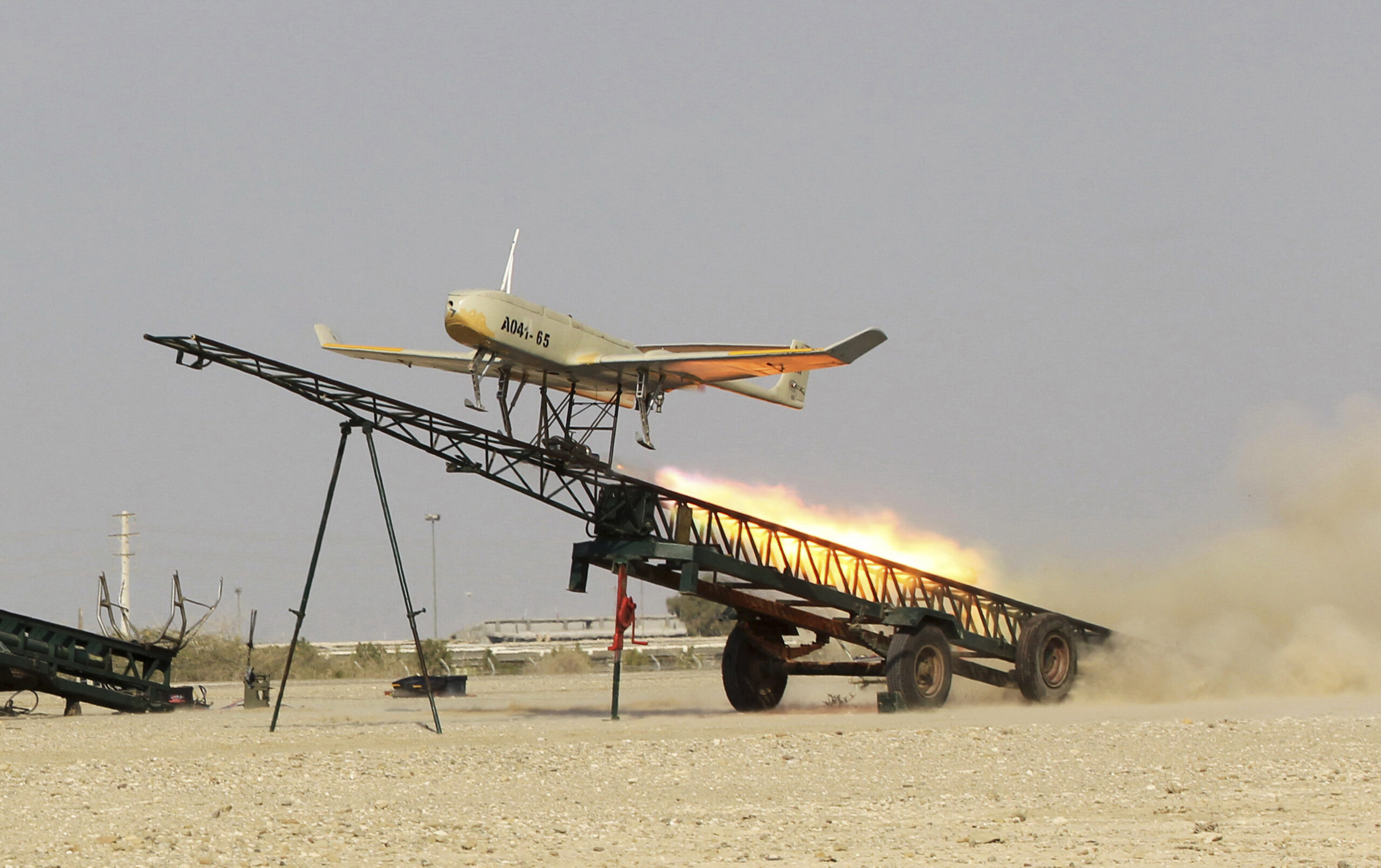
May 21, 2019
Gulf Arabs Caught between U.S. “Fire and Fury” and Iranian “Strategic Recklessness”
Saudi Arabia moves to consolidate Arab and Muslim support, anticipating intensified confrontation or diplomacy.
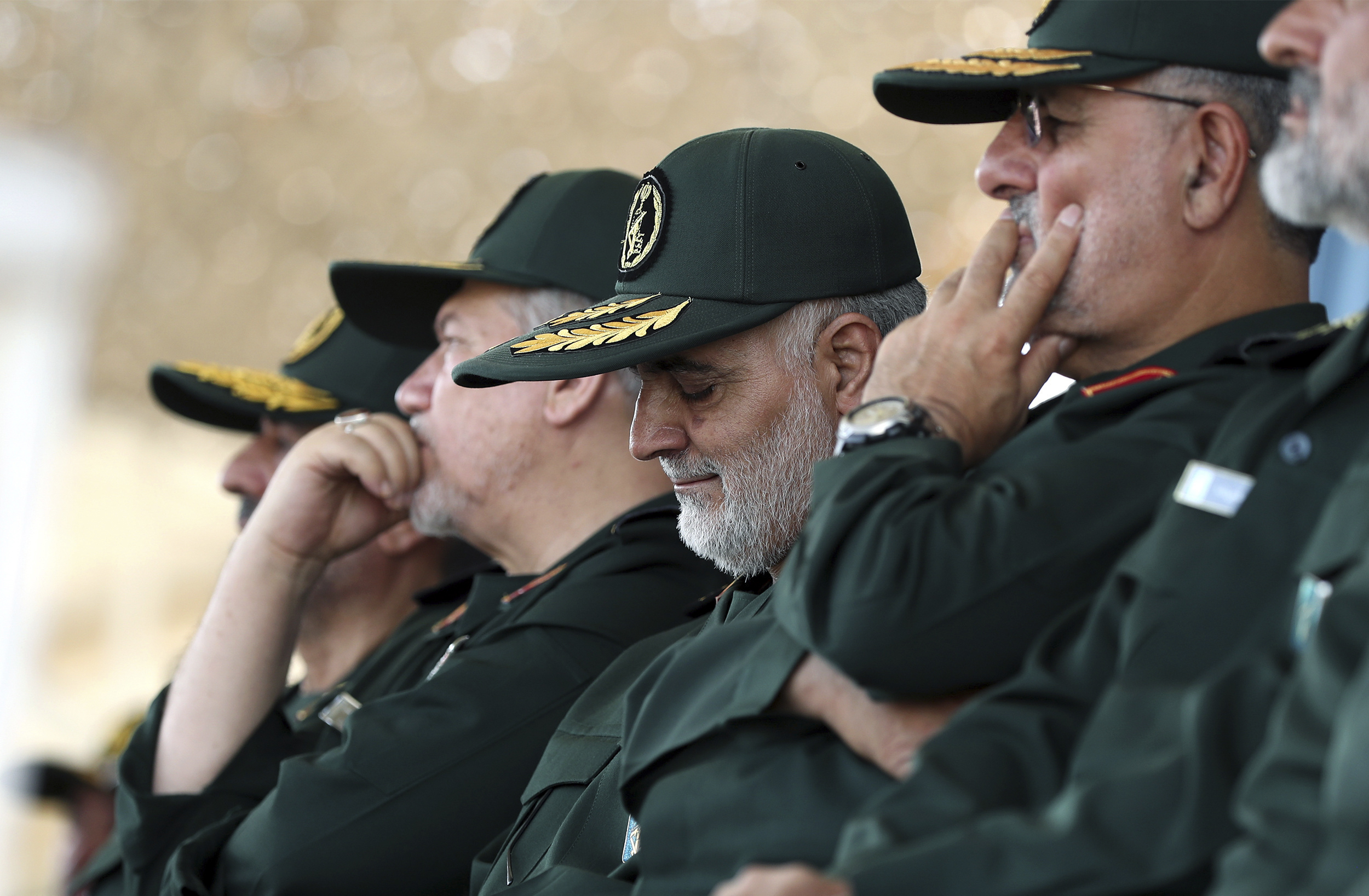
May 17, 2019
Gulf Arab States Position Themselves to be Pivotal Players in the Indian Ocean
By investing politically and economically in the small states of the Indian Ocean, both on its African and Asian shores, Gulf Arab states are positioning themselves as pivotal actors in the region.
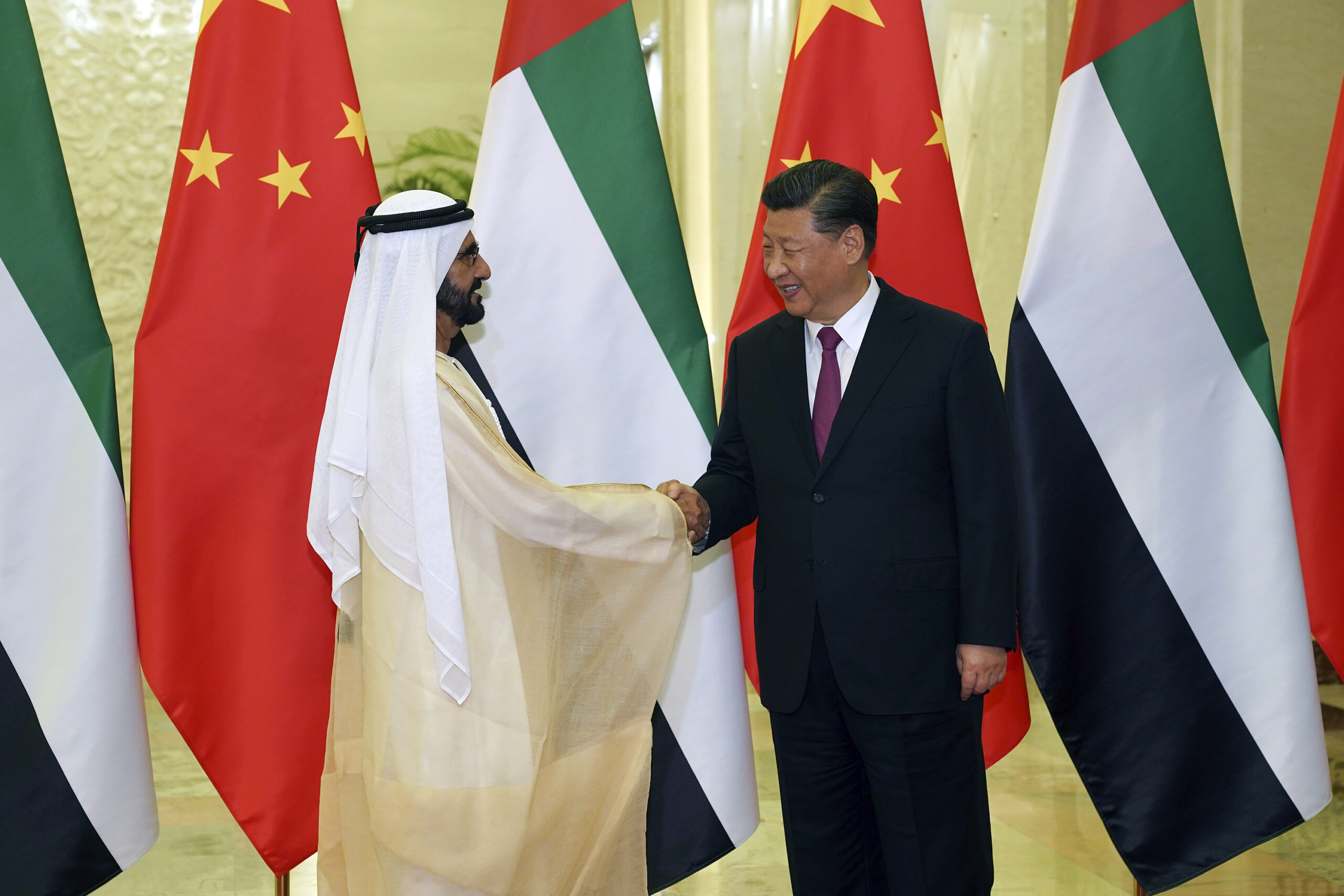
May 16, 2019
Voices of Caution Emerge in Crisis with Iran
In recent weeks, tensions between the United States – backed by its Gulf Arab allies and Israel – and Iran have risen alarmingly, with fears of war increasing in many quarters. Against this backdrop, however, there are suggestions that powerful constituencies, close to both the Iranian and Saudi leadership, are interested in avoiding conflict and...
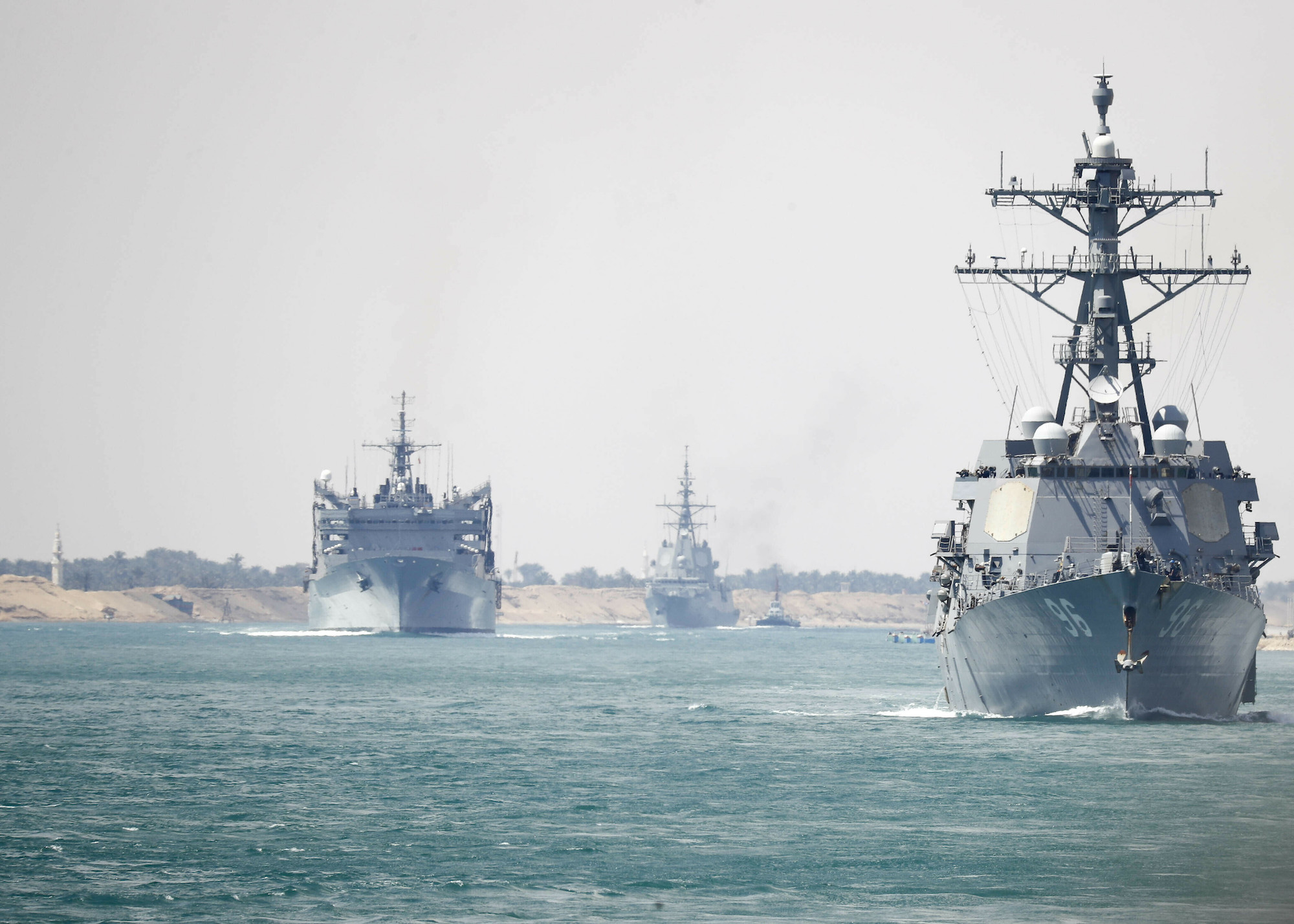
May 16, 2019
Amid Saber-Rattling in the Crisis with Iran, Voices of Caution Emerge
While some urge confrontation, powerful voices of reason emerge.
